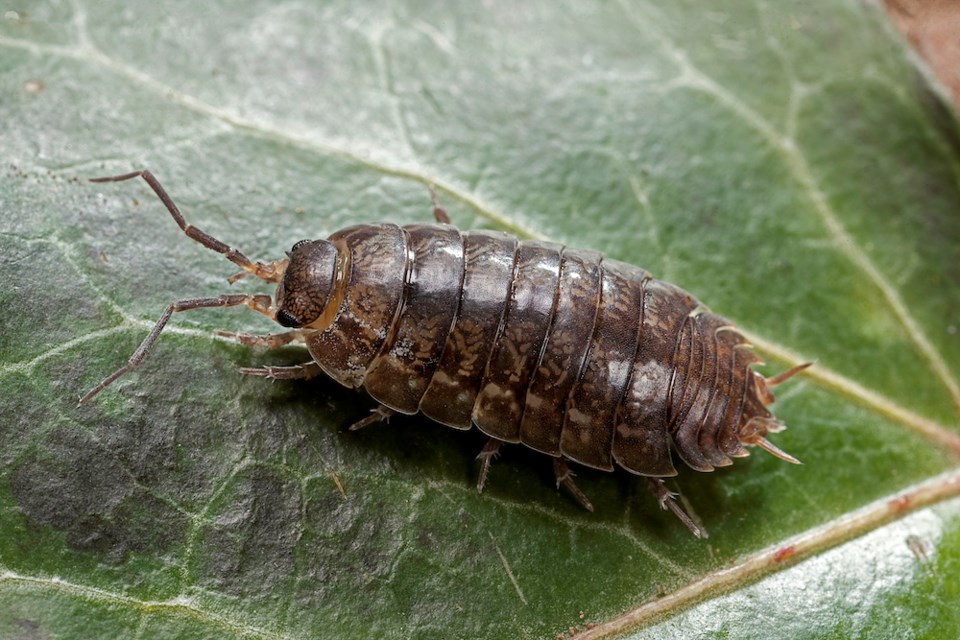Condo owners shouldn't take it upon themselves to pay for repairs on common property.
That's because they may not be reimbursed for their work.
That's the upshot of a Port Coquitlam strata dispute that was dealt with recently by B.C.'s Civil Resolution Tribunal.
In the Aug. 11 decision, tribunal member Kristin Gardner ruled the strata at 1238 Eastern Dr. did not have to reimburse the owner of a townhouse the $201.60 he paid to get rid of pill bugs around his property.
The bugs, which often get mistaken for sow bugs, but roll up when poked, eat rotting plant material. They are commonly found in yards where there is decaying landscaping, such as rotting leaves, mulch and wood.
If they are found in your home, it could mean a serious moisture problem, according to Canadian government pest control information.
However, in this case, the bugs were found around the many wooden landscaping features on the strata's common property, including stairs and planters.
Pests on property upset condo owner
But they were also getting into a garage, upsetting the property owner who had a young child.
The owner complained to the strata who determined that the bugs were likely coming from common property and entering the garage and paid an exterminator to fix the problem.
The first treatment was effective, but the following spring the owner noticed the bugs again, claiming the single treatment did not completely eliminate the bugs.
He complained to the property manager who agreed to pay for a second treatment when the bugs were the most prevalent, based on the pest control company's advice.
The owner agreed that the following September would be an appropriate time, but when the strata did an inspection of the exterior of his property not a single bug was found.
Consequently, the strata decided not to pay for a second treatment.
The owner then contacted the pest control company himself and paid for a second treatment; he then requested that the strata reimburse the $201.60 cost, which was refused.
Expert evidence needed to justify payment: CRT
In his claim, the owner told the tribunal that the strata’s inspection was done at the wrong time of day — in the afternoon when the bugs were the least active.
"He says the bugs were most active in the mornings. He says the strata council’s decision was unreasonable because it was not based on a professional or experienced inspection," Gardner noted.
It's a case that might concern condo owners who don't think their strata is acting quick enough to deal with emergencies, such as stuck pipes or mould.
According to Gardner, the condo owner should have provided his own expert evidence that the bugs were a problem and needed to be removed.
What's more, the bug problem wasn't enough of an emergency, such as a stuck pipe that could cause water damage, to justify the owner's action, said Gardner, citing other condo cases.
Strata councils must act in the "best interests of all owners," Gardner wrote in her decision, which requires "balancing competing interests and working within a budget that the owners can afford.
"Unilateral action by owners undermines the strata’s ability to do so," she further stated, adding that the owner's evidence fell short of establishing there was any emergency associated with arranging a second treatment.





